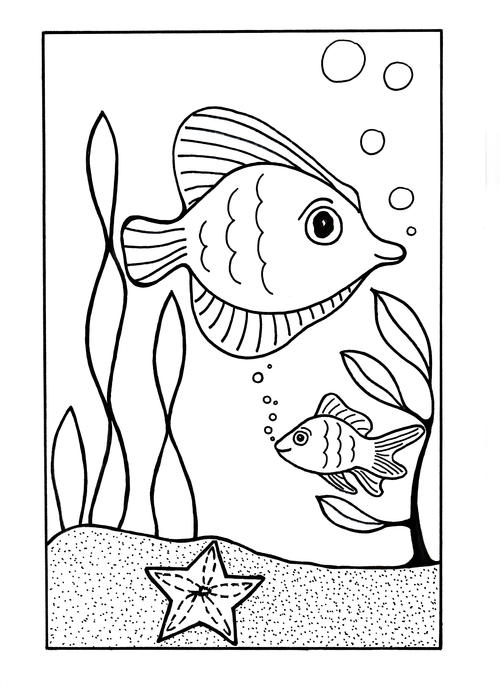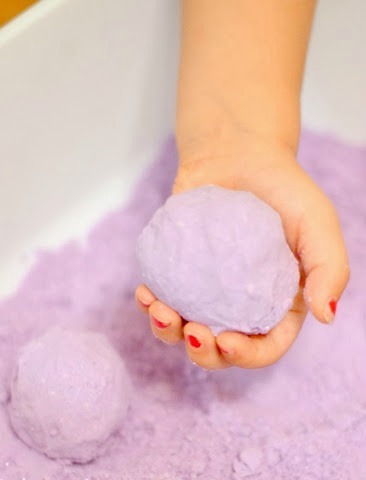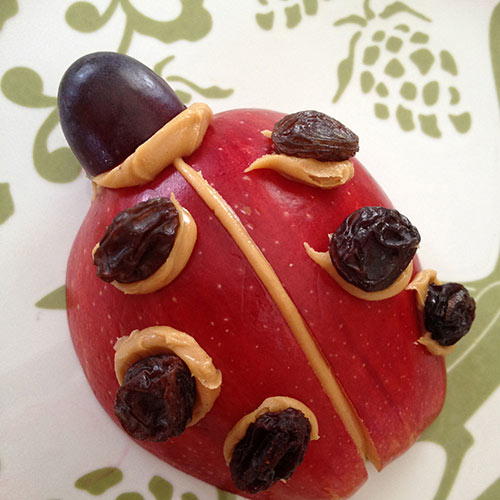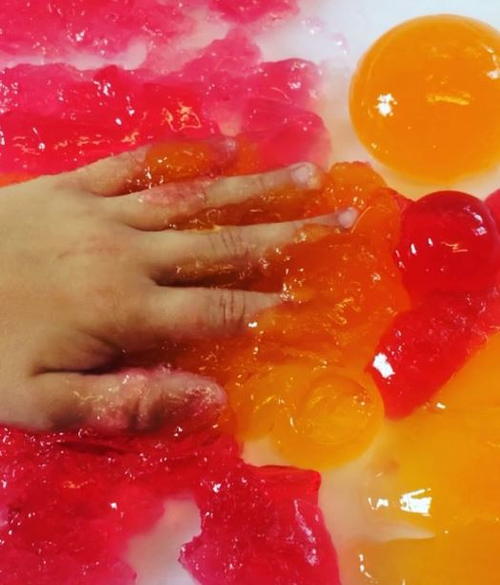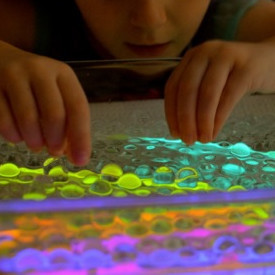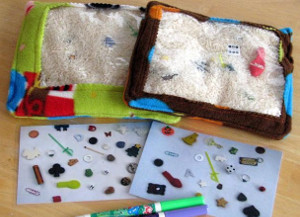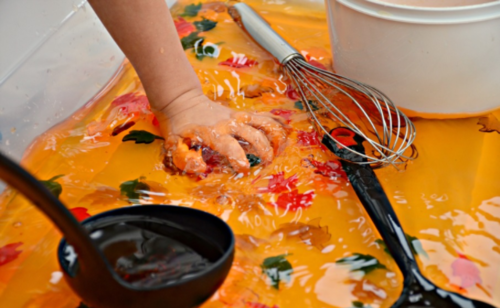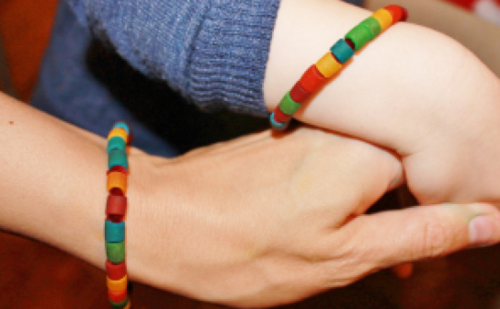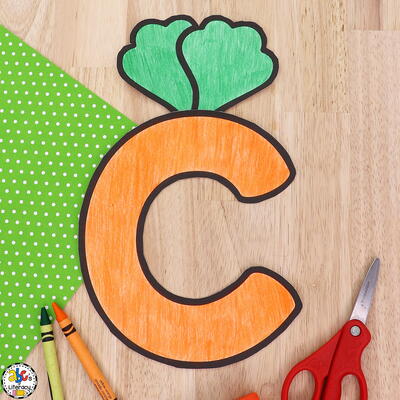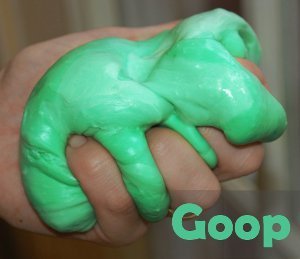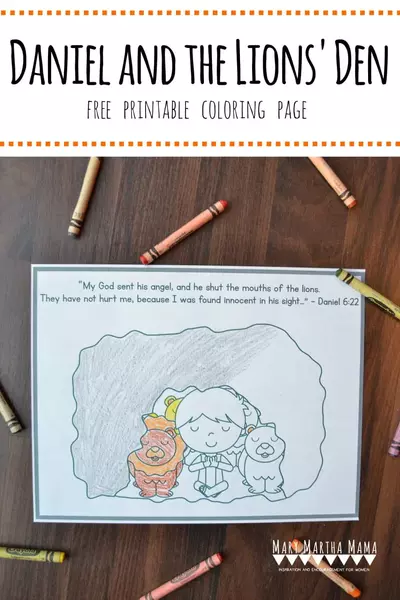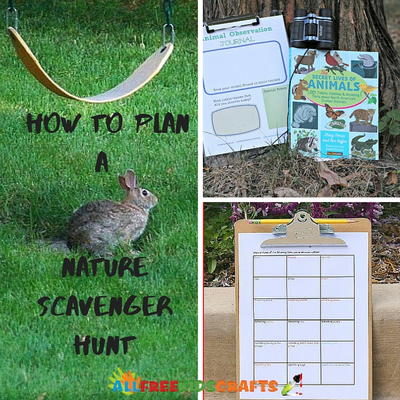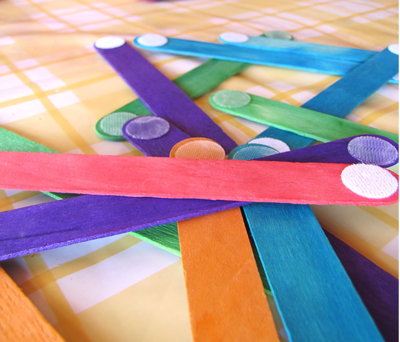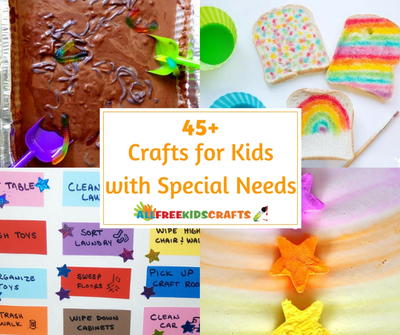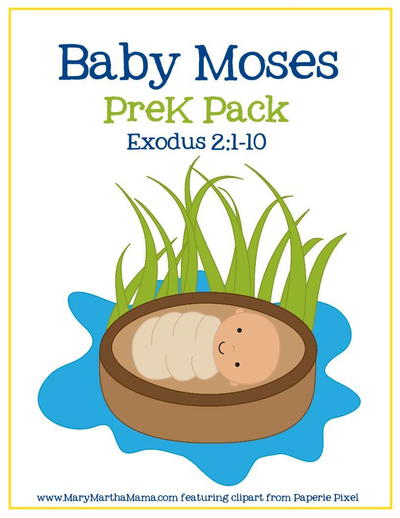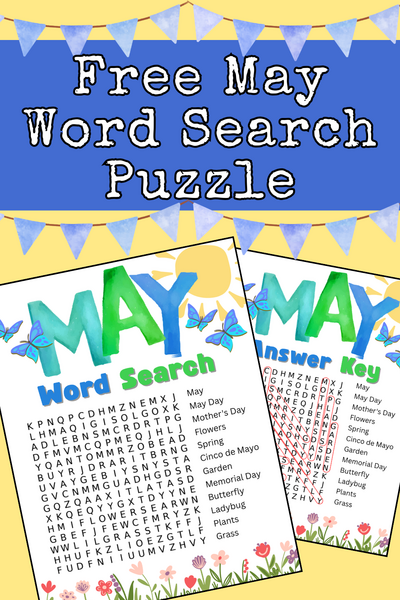Calming Techniques for Kids + 10 Calming Activities to Self-Sooth
During times of high anxiety, try these calm-down ideas with kids of all ages!
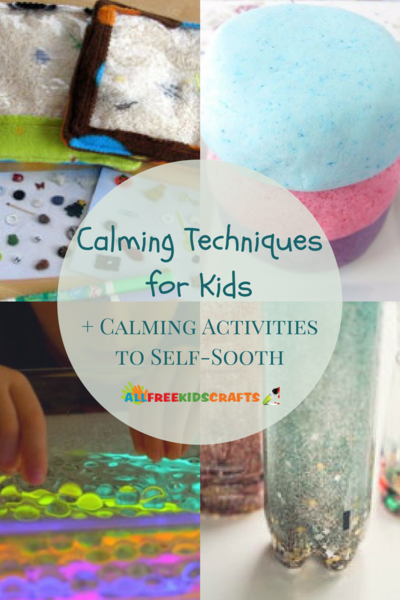
Every child is prone to stress, anxiety, and fear just like adults. With these Calming Techniques for Kids + 10 Calming Activities to Self-Sooth you can teach your kids to manage their emotions and self-regulate their feelings.
Why Should You Learn Calming Techniques?
Not only will these techniques help them now, learning to manage stress will benefit them as teens and well into adulthood. Simply telling kids to "calm down" or "take a breather" is much less effective than working with your child to find the best calming strategies for their needs. Here you'll find relaxation techniques and activities to make with your kids that will help them self-sooth and relax.
Young children don't often have the resources to deal with their feelings and manage their emotions like adults do. But, parents can teach their kids healthy ways to deal with everyday stress that will stick with them later in life. The best way to teach kids how to use certain self-calming techniques is to talk to them when they're not upset and set an example they can follow.
Scroll down for Calming Activities to Self-Sooth!
Calming Exercises to Use with Kids
-
Color, paint, or draw. Doing something creative distracts your child from their initial frustration and it allows them to focus on the creative activity, rather than what had upset them. This activity can also act as a form of self-expression for kids. If they're a little older, you can ask them to draw a picture of how they feel or of a time when they were happy. Print out this calming Under the Sea Coloring Page for the next time your child is feeling agitated.
-
Listen to music. Listening to music helps adults cope with stress, so why not children too? Set them up with a portable music device and allow them to listen to their favorite song or relaxing instrumental music to take their mind off the situation that is making them angry or upset.
-
Blow Bubbles. Bubbles are exciting for kids, especially the littlest ones. Blowing bubbles can distract kids and aid deep breathing. Blowing and popping bubbles are great ways to elicit a sense of calm for older and younger children. Try these Lavender Scented Bubbles for an added calming scent that may provide additional relaxation benefits for your kids.
-
Stretch! Have your kids do simple stretches like touching their toes or the butterfly stretch. Stretching can immediately bring a sense of calm into the entire body by relaxing the muscles. Relaxing the muscles can help your child relieve their stress physically. Stretching works well for kids who are particularly physical or active!
-
Play with Playdough. Playdough can act as a stress relief ball for kids! This inexpensive stress reliever combines aroma therapy with tactile play and color therapy, which can be just as beneficial for kids as adults. Learn How to Make Calming Lavender Cloud Dough for a therapeutic kids' relaxation activity.
-
Practice deep breathing. Learning the art of deep breathing is arguably one of the best skills to teach a child at a young age. Deep breathing can help children and adults manage their anxiety effectively, but with a little practice. Deep breathing helps muscles to relax and releases endorphins in addition to a wide variety of other benefits for your child.
-
Go outside and enjoy nature. Take a walk, play on the swing, or relax in your backyard when your child is upset or angry about something. Nature is calming, restorative, and your kids will forget about the incident that had triggered their stress after being outdoors for only few minutes. This can also work as a change of scene when a certain environment is causing your child to become agitated.
-
Drink a glass of cold water and have a healthy snack. There's no question that being hungry or thirsty can lead to frustration. If your child hasn't eaten or is feeling hungry, prepare a healthy snack with a tall glass of cold water to help them re-focus and identify where their anger is coming from. Whip up this Yummy Ladybug Healthy Snack for a cute and nutritious treat the next time your kids may be acting out because they're hungry!
-
Count to 10. Counting is a popular calming exercise because it allows kids to focus on another activity instead what is bothering them. It's also a simple concentration activity that can help them regroup and rethink their emotions before acting on them.
-
Encourage sensory play. Sensory play can relax your child in a stressful situation because it reduces overstimulation by redirecting them to focus on one sense. Sensory play can be anything from these Jello Sensory Balls to glow in the dark crafts your kids can feel and look at when they're feeling upset.
Calming Activities for Kids
What self-calming strategies do you use with your kids? Share with us in the comments below!
Your Recently Viewed Projects
nataliegrace
Aug 18, 2017
These are great ideas. Honestly, I think adults could learn a lot from this list too! Knowing how to self-soothe is an important life skill for people of all ages. Thanks for the ideas!
Report Inappropriate Comment
Are you sure you would like to report this comment? It will be flagged for our moderators to take action.
Thank you for taking the time to improve the content on our site.

